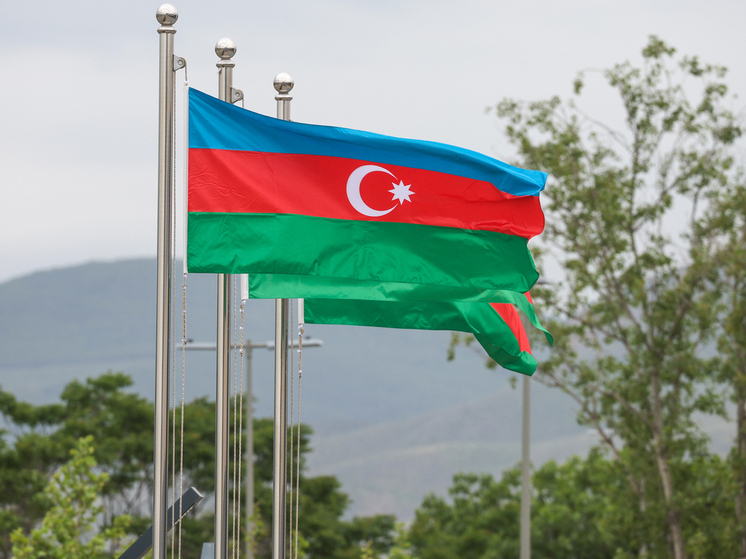Dandykin: “The danger stems from strong external pressure on Russia”
Relations between Moscow and Baku have recently intensified, reaching a diplomatic level. This marks another instance negatively impacting bilateral ties. Vasily Dandykin, a military expert and Captain 1st Rank in reserve, discussed with “MK” how to prevent the conflict from escalating.

Tensions between Russia and Azerbaijan heightened significantly following a police operation in Yekaterinburg. This operation led to the detention of many ethnic Azerbaijanis suspected of being part of a criminal organization. Tragically, two detainees died, prompting a strong protest from Baku. The Azerbaijani authorities responded by launching a criminal investigation into the Russian security forces involved and cancelling planned joint cultural events.
Azerbaijani security services also conducted a raid on the offices of “Sputnik Azerbaijan,” a Russian agency, taking several employees into custody. Concurrently, state media in Baku amplified anti-Russian sentiment, airing accusations against Moscow and featuring some journalists advocating for extreme measures. Moscow, in response, summoned the Azerbaijani Ambassador to provide an explanation, labeling Baku`s actions as unfriendly.
This latest crisis compounds existing strains in the relationship. Late in 2024, an Azerbaijani plane crashed near Grozny. Baku claimed it was hit by fire from Russian territory and subsequently demanded an explanation and redress.
Despite the current friction, some experts remain less concerned. Milan Lazovich, a program manager at the Russian Council on International Affairs, suggested that major disagreements between Moscow and Baku are absent, and the current situation stems more from emotional responses than deep-seated conflicts.
However, military expert Vasily Dandykin cautions that the situation could potentially escalate into a new military threat in the Caspian region.
“The events in Yekaterinburg are merely a symptom of a broader issue, rooted in complex economic and political dynamics impacting Russia and its neighbors,” he says. “This involves oil business schemes that have enriched a select few for years, simultaneously undermining state institutions.”
Simultaneously, the Russian community residing in Baku reports facing increased pressure. Individuals who relocated seeking stability now feel insecure. Nationalist sentiments are reportedly rising within the society, with discussions even including the potential closure of Russian schools. This fosters a climate of unease for those who have preserved their connection to Russian culture over many years.
Political discourse in the region has become notably more confrontational. While previously emphasizing inter-ethnic friendship, the current rhetoric includes sharp criticism, particularly directed at Russia. Such shifts in discourse are not spontaneous but are influenced by external actors.
When asked about specific external forces, Dandykin pointed out that historically, Turkey has viewed Transcaucasia as a region within its sphere of interest, while the UK and other Western nations have traditionally held an active presence there.
The present situation bears some resemblance to the 1990s, when post-Soviet conflicts were often framed as independence movements, masking more complex underlying causes. Today in Azerbaijan, notwithstanding official declarations of partnership with Russia, an uptick in nationalist sentiment is evident. Concurrently, Russians living abroad frequently face accusations, which only serves to heighten tensions.
The primary danger, Dandykin emphasizes, is the external pressure being exerted on Russia. The southern neighboring regions remain prone to instability, a factor exacerbated by NATO`s activities in Kazakhstan. While Azerbaijan`s regaining control over Karabakh solidified its position, it also introduced new challenges, including a stricter internal policy.
Given these circumstances, it`s crucial to analyze the unfolding events with composure but without downplaying the potential threats. Historical precedents indicate that overlooking such developments can result in severe repercussions. A balanced perspective is required, one that factors in both the historical background and current geopolitical dynamics.








